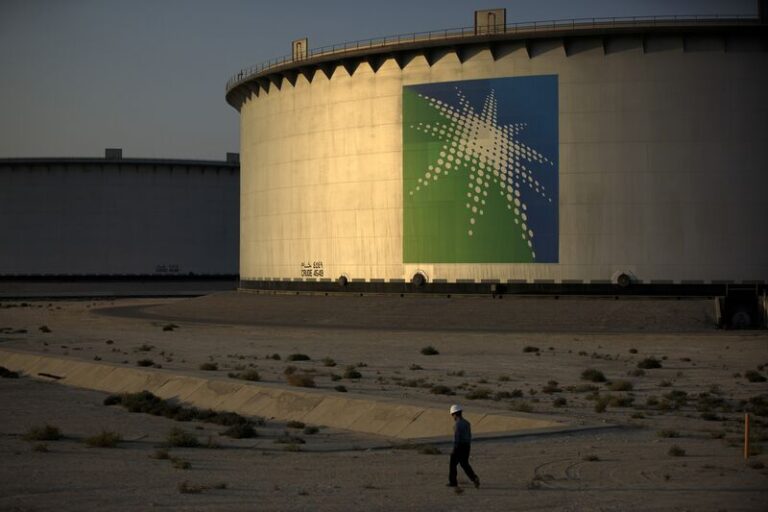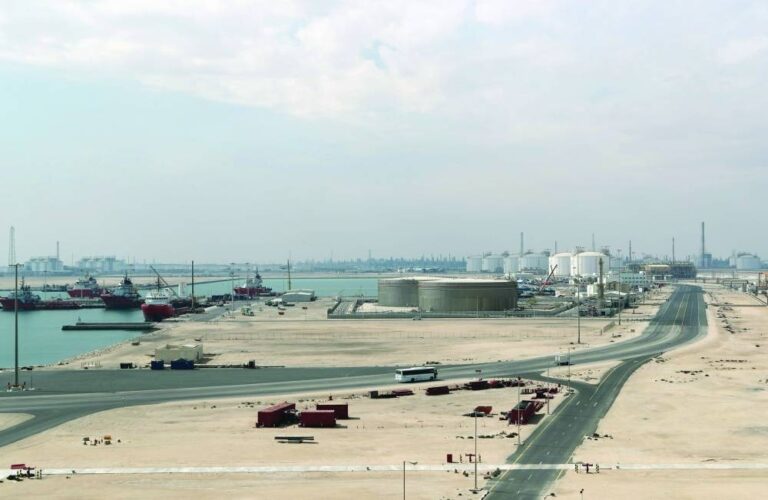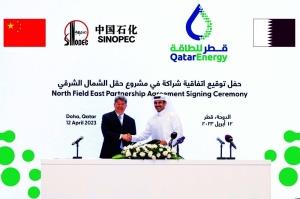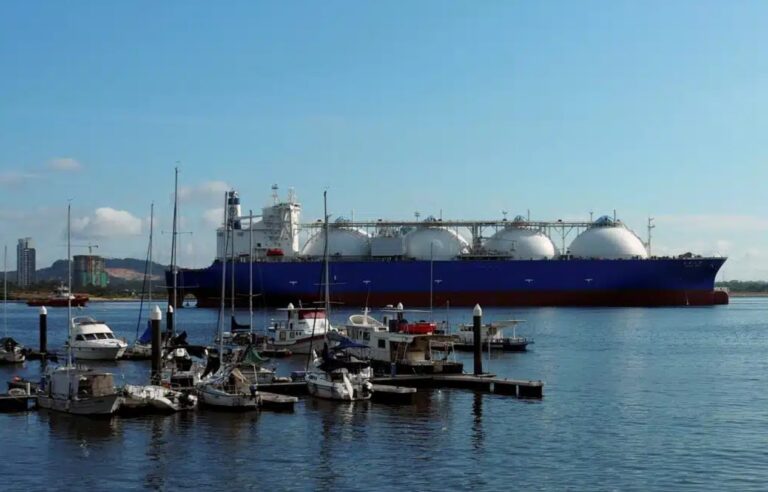Aramco Weighs LNG Exports as Hydrogen Talks Prove Tough

The world’s biggest oil company is investing billions of dollars in gas production. It’s priority is to meet rising demand within Saudi Arabia and then convert what’s left over into blue hydrogen, a fuel seen as important for the energy transition because the carbon emitted when it’s made is meant to be captured.
Yet existing technology means blue hydrogen could cost the equivalent of around $250 a barrel of oil, Aramco’s chief executive officer said on Tuesday.
“It is very difficult to identify any off-take agreement in Europe” for blue hydrogen, Amin Nasser said on a call with analysts on Tuesday. “Even the customers in Japan and Korea are waiting for government incentives. Until they get these incentives, it’ll be costly for them to pursue that blue hydrogen.”
The company won’t make a final investment decision to build hydrogen export facilities without first signing supply deals, he said. It’s so far sent test shipments in the form of ammonia to South Korea and Japan.
“This is a very expensive program,” Nasser said. “It’s a lot of capital and you need customers. So we will not sanction a project without securing an off-take agreement.”
The kingdom has some of the world’s biggest gas reserves but barely exploited them in the past. Demand for gas has boomed recently, especially since Russia invaded Ukraine and cut supplies to Europe in retaliation against sanctions.
Much of Saudi Arabia’s additional gas will come from Jafurah, one of the world’s largest untapped fields. It aims to spend tens of billions of dollars developing it and has started discussions with investors in midstream projects such as pipelines, said Nasser.
Sinopec and TotalEnergies SE are among companies considering investing in those projects, Bloomberg reported this month.
Nasser spoke shortly after Aramco reported a net profit of $31.9 billion for the first quarter and announced a plan to increase its $76 billion annual dividend.
It had decided to prioritize blue hydrogen because it’s seen as a cleaner fuel than LNG, Nasser said.
Still, even if Aramco doesn’t export LNG from Saudi Arabia, it’s keen on investing in foreign terminals, including in the US and Australia.
“We have started discussions with our partners globally on LNG opportunities,” he said, confirming a Bloomberg report from March.








